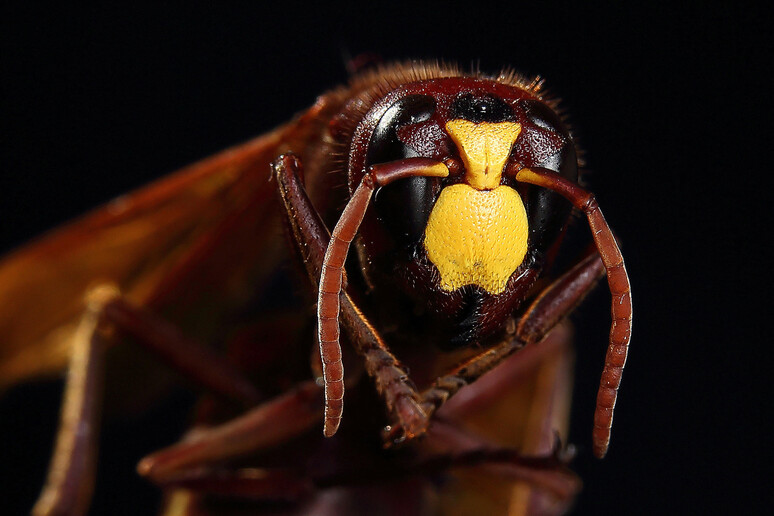An Italian wasp which has turned into
a more aggressive alien species due to climate change is
wreaking havoc among Italian beehives, green farming officials
told ANSA Tuesday.
The Vespa Orientalis hornet has become just the latest of
threats to bees, whose declining numbers are jeopardising
agriculture worldwide, said Laura Bortolotti, lead researcher of
the Crea AA - Agriculture Environment think tank.
The hornet has recently destroyed some 40,000 beehives in Lazio,
Campania and Molise, officials said.
"Despite being a native species in Italy, the Vespa Orientalis
is behaving as if it were an alien species; its behavior towards
bees has changed in a few years, becoming increasingly
aggressive, also due to climate change which, in some way, has
altered the environmental balance", Bortolotti told ANSA.
Vespa Orientalis is also an increasing threat to public health
in urban areas, they said.
ALL RIGHTS RESERVED © Copyright ANSA











